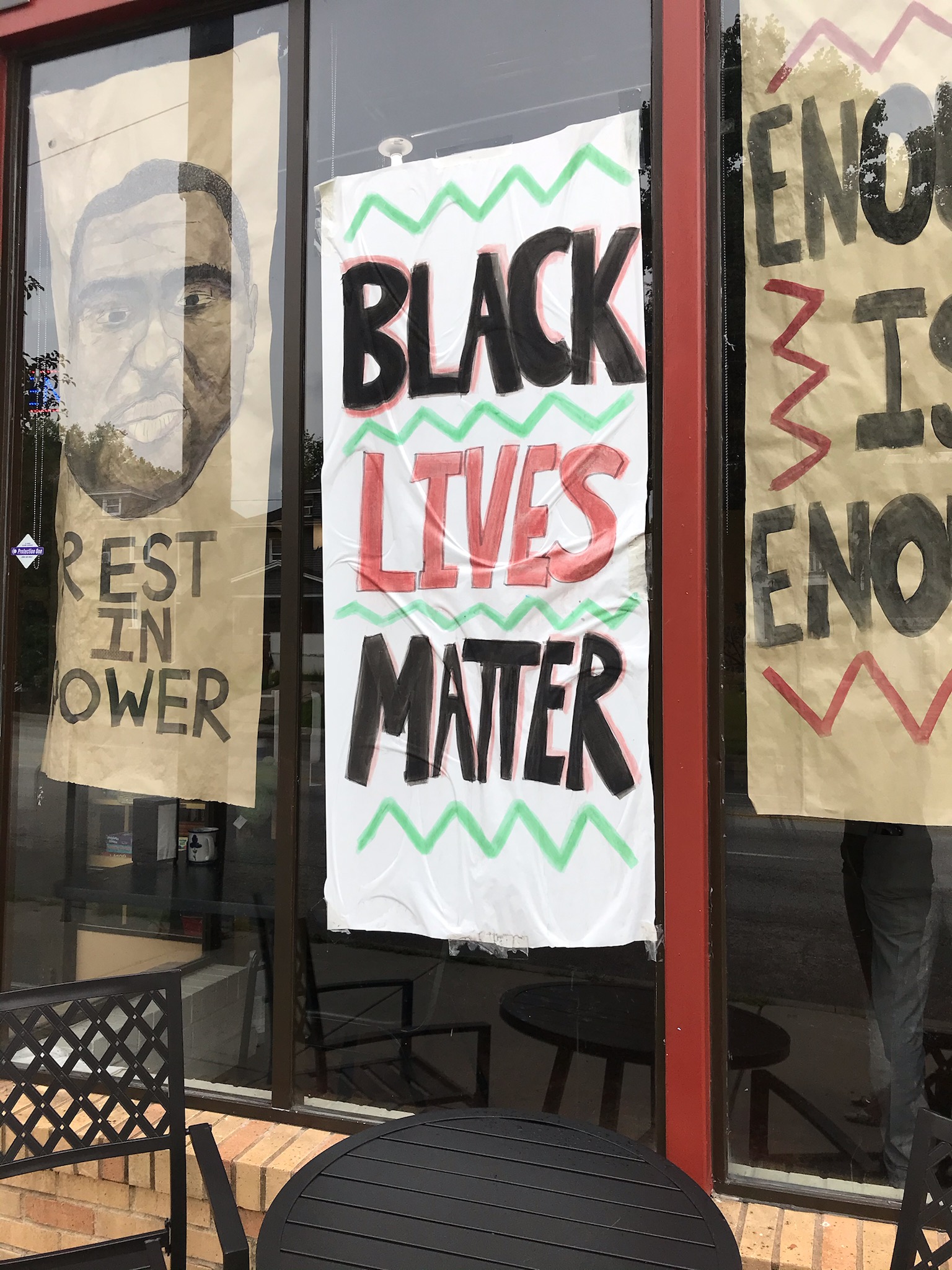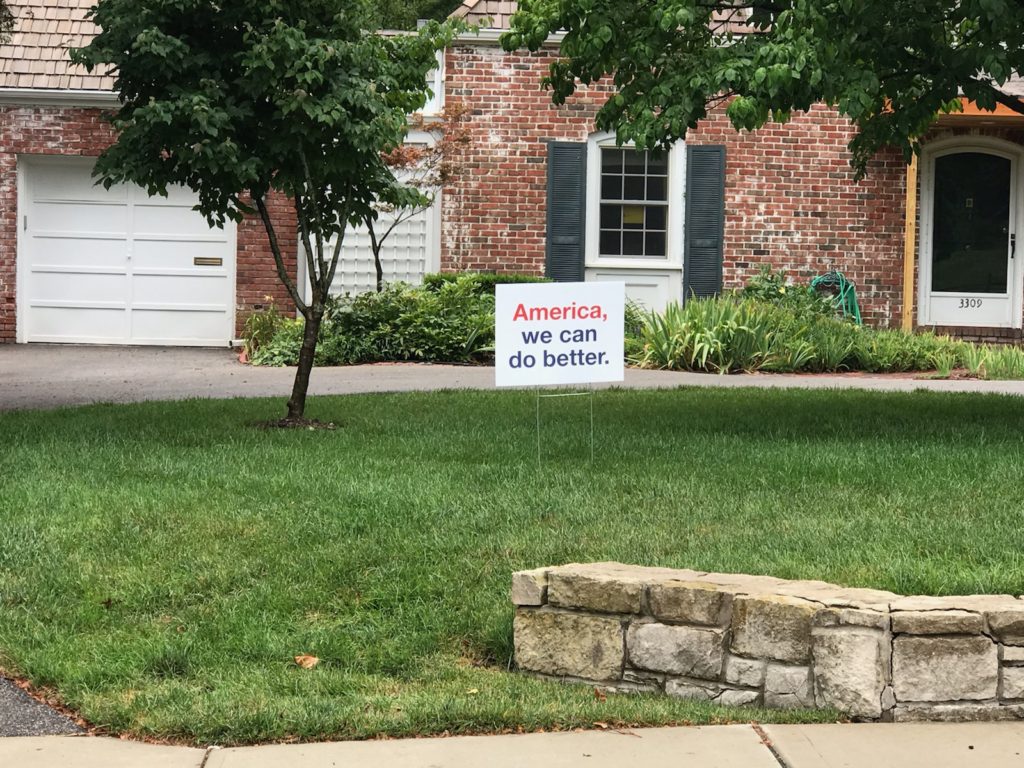Featured
What Can You Do A Year After George Floyd’s Murder?

All over the world today George Floyd is being remembered. He is the latest name added to the tragic pantheon of African Americans whose lives have been stolen by a savage racism that presents many times as police brutality and other times as white anger built on a tower of privilege, complicity, and systemic disregard for Black lives. But on May 25, 2020, the world’s collective conscience was forever offended by the murder of Floyd in broad daylight on a street corner in Minneapolis before a crowd of bystanders, one of whom wisely videotaped on her cellphone as the 46-year-old cried for his mother and struggled to breath for 9:29 under the punishing knee of an indifferent white police officer.
“He was loved by his family and his friends, his death shocked the conscience of our community, our country, the whole world,” said Minnesota Attorney General Keith Ellison. “He was loved by his family and friends. But that isn’t why he mattered. He mattered because he was a human being and there is no way we can turn from that reality.”

It is Floyd’s humanity that will be honored today, and in doing so, we seek to join our humanity with that humanity of others. It is what propelled millions into the streets during the worst health crisis in a generation to protest the blatant murder of another human being. It is what Bryan Stevenson, the social justice attorney who initiated the National Memorial for Peace and Justice in Montgomery which honors the names of each of more than 4,000 African Americans lynched in the 12 states of the South from 1877 to 1950, calls getting “proximate” to the poor, disfavored, and marginalized.
“It was only when I held hands with a condemned man and felt his humanity and had the opportunity to experience his aspirations that I realized I could make a difference, and I went back to Harvard Law School and my whole law school career was shifted by that,” Stevenson says. “I tell you that because I think there’s power in proximity. I’m not asking you to get proximate because I want you to help other people. I want you to help yourself understand your potential, your capacity to be a justice giver, to be a change maker. To do something that creates a different future we have to commit to getting proximate.”
With social distancing guidelines loosening and vaccinations available to those who want them, it is a call to get close, relationally and physically, to examine the stories we tell and hear about each other, looking for the nuance and the new.
“I believe we have to change the narratives that are shaping many of the debates, the discussions that we have,” Stevenson adds. “Underneath the debates, there are narratives and some of those narratives sustain inequality. Some of those narratives are barriers to just treatment. Some of those narratives protect bigotry, and we have to change those narratives.”
Today in cities and small towns everywhere, tributes to George Floyd are will be held and rightfully so. When the iconic photos of the man so many described as humble has been placed back on the wall, catalogued in your social media feedback, how will we have changed or helped change the world? George Floyd did not know that his murder would ignite such an historic response. But, it was his humanity the world saw, and in own way, we, too, can nudge it in a more equitable direction.

-

 Featured10 months ago
Featured10 months agoCalifornia Is the First State to Create A Public Alert for Missing Black Youth
-

 Featured9 months ago
Featured9 months agoAfrican American Leaders Stay the Course Amid Calls for President Biden To Bow Out of Race
-

 Featured10 months ago
Featured10 months agoThe Debate Fallout Lands on Both Candidates
-

 Featured9 months ago
Featured9 months agoPresident Joe Biden Decides to Withdraw from the Presidential Race
-

 Featured9 months ago
Featured9 months agoIn One of His Final Speeches as President, Biden Says It’s Time for ‘Fresh Voices’
-

 Featured9 months ago
Featured9 months agoPresident Joe Biden Describes Shooting of Donald Trump As ‘Sick’

